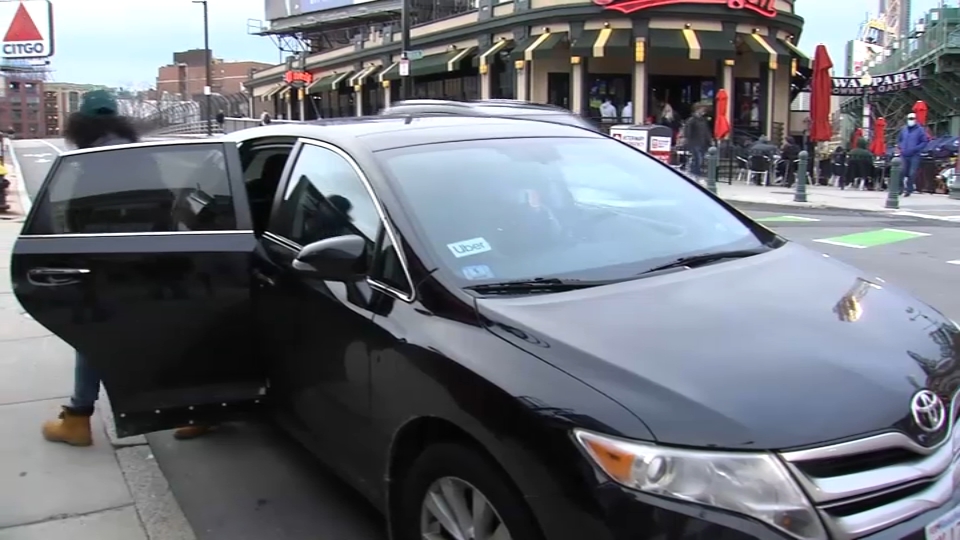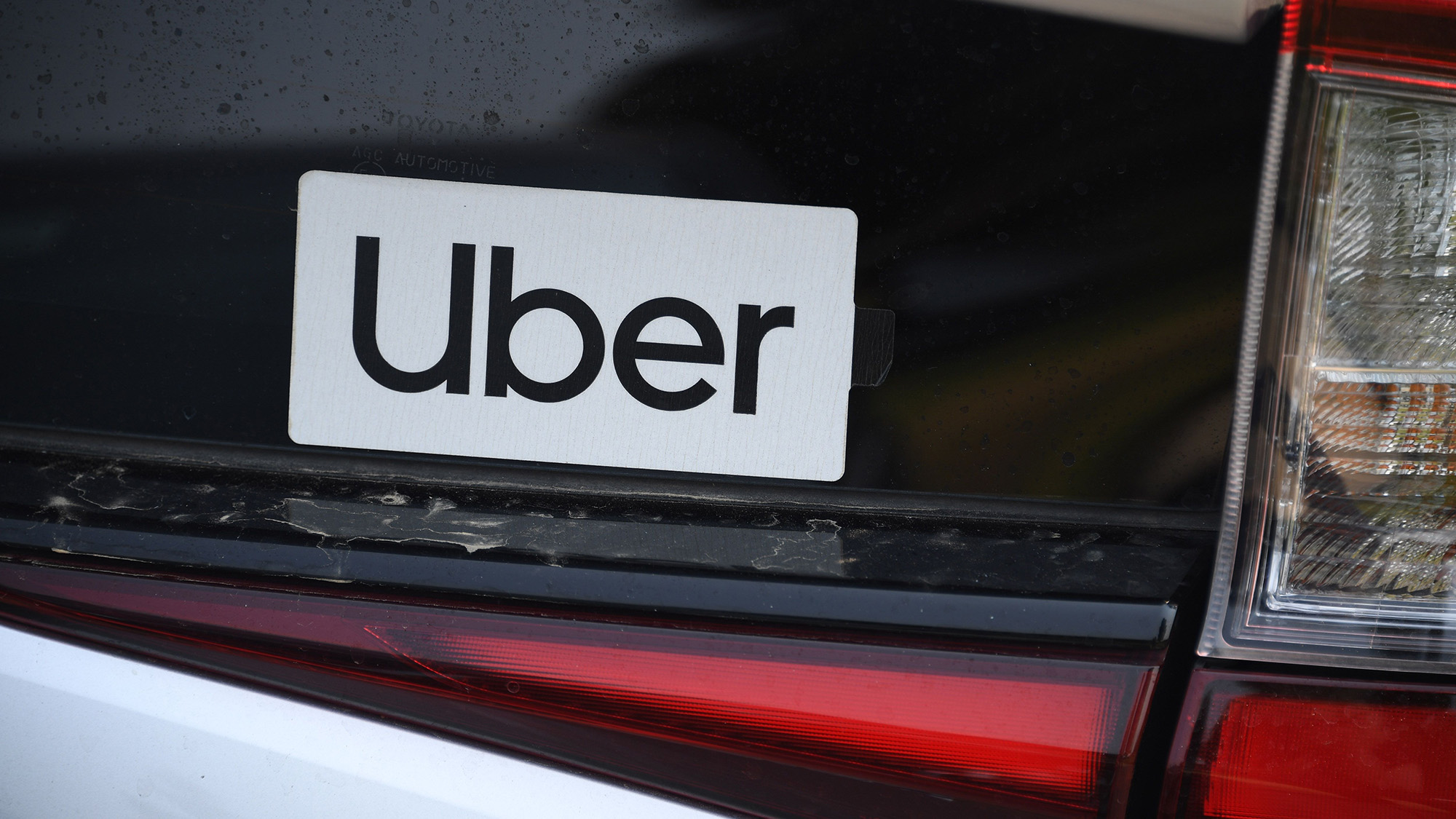The shortage of rideshare vehicles on the roads these days is not just a nuisance for people who are waiting a long time to get an Uber or a Lyft. For some, it is becoming a safety issue.
Women say they are very concerned after getting stranded in neighborhoods late at night with no way to get home.
WATCH ANYTIME FOR FREE
>Stream NBC10 Boston news for free, 24/7, wherever you are. |
Cijalene Scott waited 45 minutes trying to get an Uber outside of Back Bay Station around 11 p.m. on a recent night. Eventually, she gave up on requesting and decided to walk a half hour by herself to her dorm.
“It was a pretty scary experience. People were asking for money and I was just really scared,” Scott said.
Get updates on what's happening in Boston to your inbox. Sign up for our >News Headlines newsletter.
With an ongoing shortage of drivers resulting in long wait times for Lyfts and Ubers, she is not the only who has felt stuck.
“I wound up having to walk home at 1 a.m., completely alone. I got catcalled. I got followed a little bit. It was really not a good experience,” Seana Bigley said.
Sign up for our Breaking newsletter to get the most urgent news stories in your inbox.
Both Uber and Lyft have said the state of emergency that is currently in place for the pandemic in Massachusetts is keeping drivers off the roads due to the fact that it prevents surge pricing, a major incentive.
"Surge pricing is very, very, very important," Felipe Martinez, part of the Boston Independent Drivers Guild, told NBC10 Boston earlier this month. "It is what gives drivers an extra bonus."
The companies are adding incentives as they try to get the provision lifted, but in the meantime, it is becoming a safety concern for some.
Diana Mancera, who works for Jane Doe Inc., Massachusetts' coalition against sexual assault and domestic violence, said as long as the issue continues, there are some things people can do: sharing their location with someone through their phone and, if possible, try not to walk alone.
“It doesn’t completely eliminate the potential harm, but it does create a sense of safety by having a buddy with you,” Mancera said.
Some are worried the issue will lead to an uptick in impaired driving. With long wait times, many are tempted to drive themselves, even if they have been drinking.
“If people can’t get rideshares and that’s what they’re planning on, they’re going to have to walk home or take rides from people who’ve been drinking and that’s a huge problem we don’t want to see,” Mary Kate DePamphilis, the program director for Mothers Against Drunk Driving New England.
DePamphilis hopes people will plan ahead and make sure they have a sober ride home, even if they cannot get an Uber or Lyft.
For now, Scott said, she is not going out to places if she knows it will be hard to get home.
“It’s dangerous. Especially in today’s world, it’s really dangerous,” she said.



